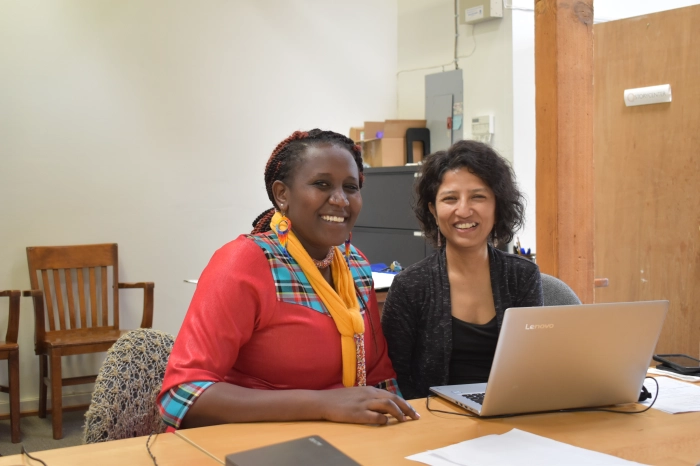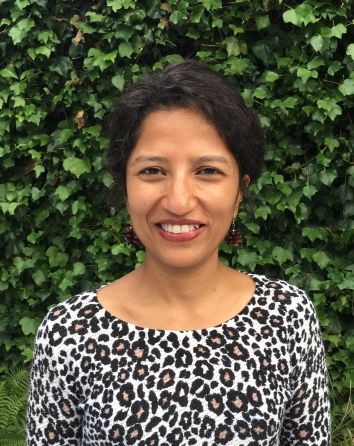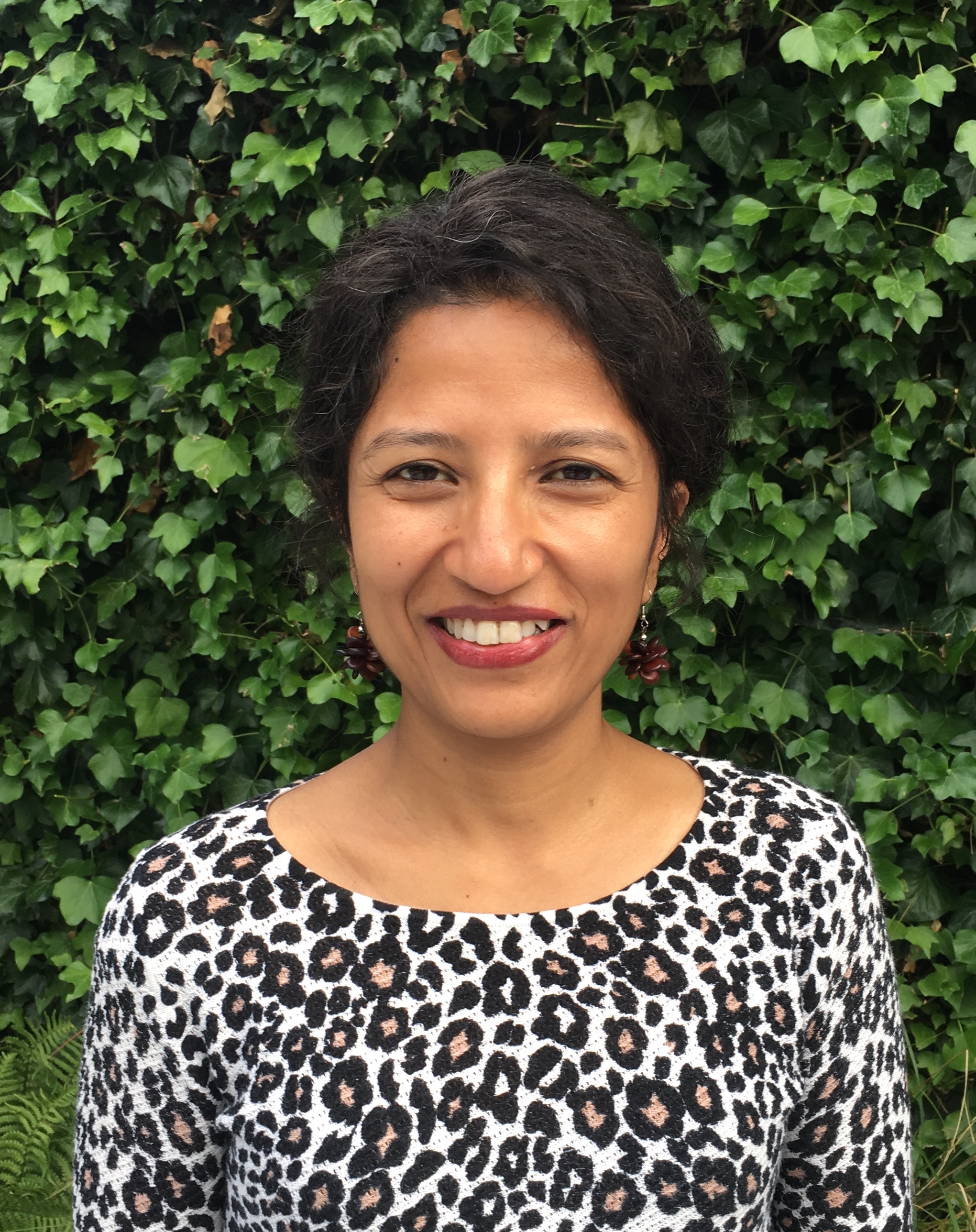By Leena Khandwala
I chose to tell my story of FGC to highlight how after more than three decades, my experience of being cut is still traumatizing and vivid. Everything about it — from the deception leading up to it and the silence around it — make for an unspeakably horrifying experience.
Supporters of Female Genital Cutting (FGC) often try to distinguish the type of cutting that is practiced in the Bohra community from other types of cutting practiced by different cultures. They claim that the practice in the Bohra community is simply to make a small and benign scrape or nick in the clitoris that causes no harm, and, in fact, may enhance sexual pleasure among women. Through my digital story, I hope to portray the violence and trauma I experienced when I was cut and how it has followed me for the rest of my life.

Participating in this workshop was an important step in my life-long process of coming to terms with my cutting. After finishing law school, I chose to work with women fleeing gender-based harms. One of my first cases involved a woman seeking asylum because she was vehemently opposed to genital cutting and feared that she would be unable to protect her minor daughter from being cut if she had to return to her home country.
In addition, I worked with many other women fleeing various forms of gender violence and found this work to be extremely cathartic. This workshop was a new step along that continuum because it enabled me to muster the courage to find my voice and share my own story. In that sense, it has helped me shed the shame that has lingered with me to this day as a result of being cut.
There is a strong sense of comfort from shared community experiences. Sharing this story helped me because it reminded me that there are many other people who have gone through similar experiences. I also got to hear and experience multiple other perspectives.
It was inspiring to see how so many women have channeled their pain and outrage into advocacy for change and are working to ensure that future generations of girls are protected from being cut.
To learn more about Sahiyo Stories, read:
More about Leena:

Leena Khandwala has been practicing immigration law for well over a decade. She is a supervising attorney at The Legal Aid Society, where she assists low-income New Yorkers in applying for a wide range of immigration benefits. Prior to joining The Legal Aid Society, Leena was employed with Brooklyn Defender Services where she was part of the New York Immigrant Family Unity Project, which was aimed at providing universal representation to all immigrants in detained removal proceedings. Prior to joining the nonprofit world, Leena was an associate with Claudia Slovinsky and Associates, PLLC, a small boutique law office. Leena has also been a Clinical Teaching Fellow in the Immigration and Human Rights Clinic and the Civil Litigation Clinic at Seton Hall University School of Law in Newark, and a fellow at the Center for Gender and Refugee Studies at U.C. Hastings College of the Law in San Francisco. Leena received her J.D., cum laude, from Fordham University School of Law in 2004. She was a Stein Public Interest Scholar and a Crowley International Human Rights Scholar. She grew up in Karachi, Pakistan, where she did her Masters in Business Administration at the Institute of Business Administration, in Karachi.

